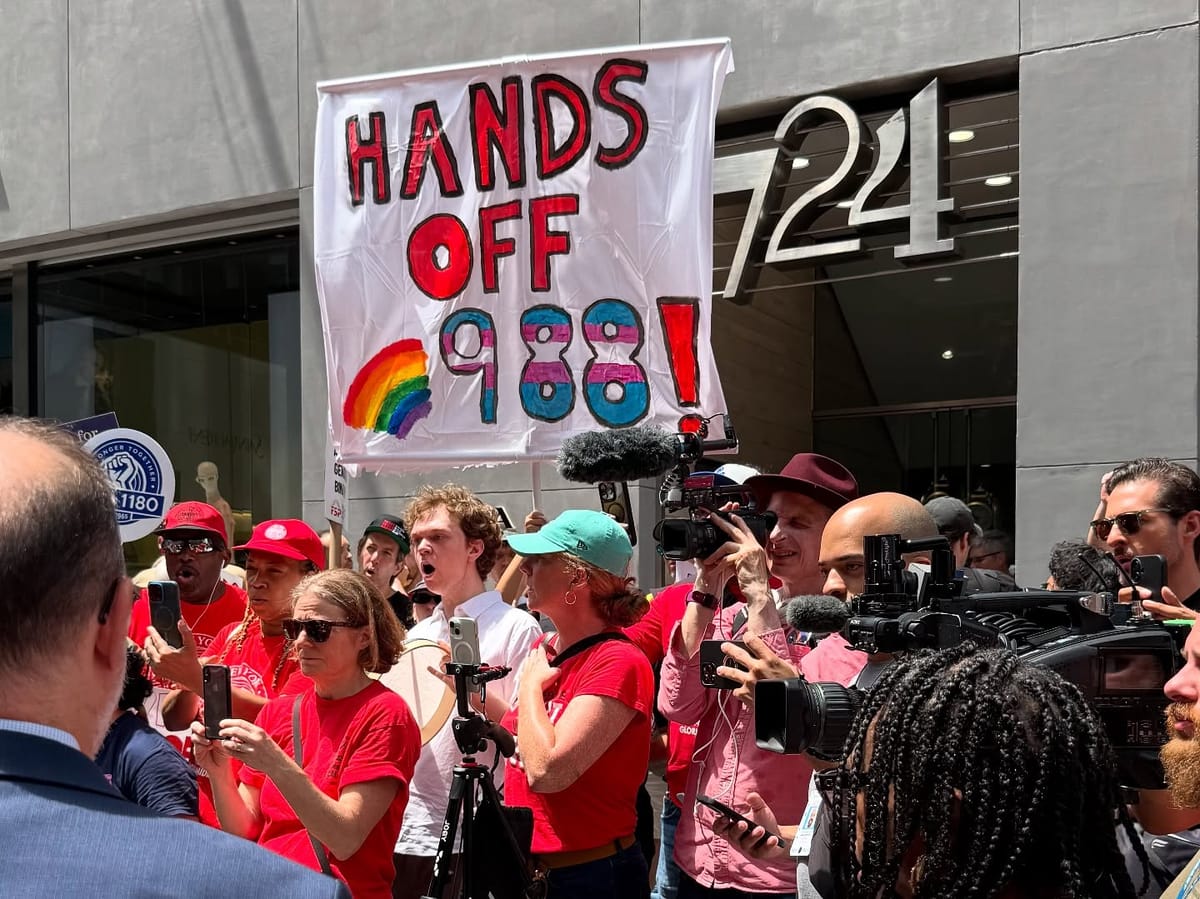Senators introduce bill to restore LGBTQ+ youth crisis lifeline cut by Trump

In a bipartisan move, US Senators Tammy Baldwin (Democrats - Wisconsin) and Lisa Murkowski (Republicans - Alaska) have introduced legislation aimed at reinstating a vital mental health lifeline for LGBTQ+ youth that was abruptly terminated by the Trump administration in July.
The proposed bill, titled the 988 LGBTQ+ Youth Access Act, seeks to re-establish the “Option 3” feature on the national 988 Suicide & Crisis Lifeline. This feature previously allowed callers to press “3” to be connected directly with counsellors trained to support LGBTQ+ youth facing mental health crises. The service, which launched as a pilot in 2022, had served nearly 1.6 million young people before its funding was cut.
Senator Baldwin, who originally helped establish the lifeline, stated: “We are in the middle of a mental health crisis, and the 988 lifeline saves lives, plain and simple. There is absolutely no good reason that Donald Trump took away this specialised help for our LGBTQ youth. Mental health does not see partisan lines or geography.”
The Trump administration defended the cut, citing concerns over “radical gender ideology” and parental consent. However, mental health experts and advocacy groups have condemned the move, warning of its potentially lethal consequences. A letter signed by 100 Congressional Democrats urged Health and Human Services Secretary Robert F. Kennedy Jr. to reconsider the decision.
The Trevor Project, which was one of the seven federally funded contact centres supporting the LGBTQ+ lifeline, reported that nearly 40% of LGBTQ+ youth seriously considered suicide in the past year, with 12% having attempted it - rates significantly higher than their heterosexual peers.
Jaymes Black, CEO of The Trevor Project, welcomed the new legislation: “This is not about politics or identity; this is about doing what is best to support our country’s highest-risk populations - and save young people’s lives nationwide.”
Companion legislation has also been introduced in the House by a cross-party group of representatives, signalling growing support for the initiative. If passed, the bill would codify the LGBTQ+ lifeline into law and ensure dedicated funding for its operation and maintenance.





Comments ()